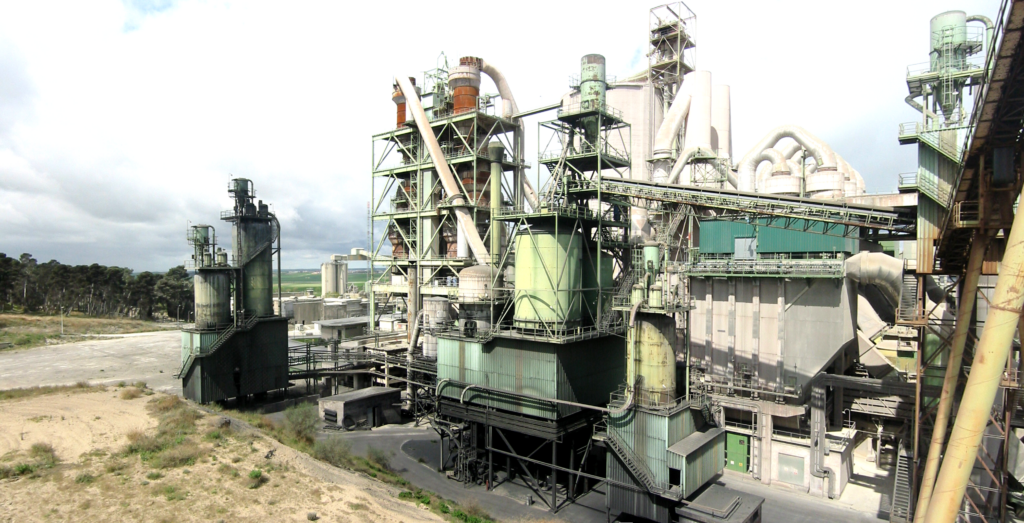
In many industrial sectors, efficient dust collection systems are essential to comply with emission limits and ensure the smooth operation of facilities. Traditional bag filter systems often reach their limits, whether due to high energy consumption or complex maintenance requirements. This is where hybrid filters come into play – an innovative solution that combines electrostatic and bag filters to provide maximum efficiency with minimal maintenance effort. But how does this system work, and what advantages does it offer compared to traditional filters? Peter Studer, Head of Sales, provides answers.
How does the hybrid filter work?
Peter Studer:
“Hybrid filters combine the advantages of an electrostatic filter with those of a bag filter, creating an outstanding synergy effect. The electrostatic filter removes up to 90% of the dust with minimal energy consumption. It uses ionization effects to charge and agglomerate particles, making subsequent filtration easier. The bag filter takes care of the remaining 10% of dust removal. Since the majority of the pollution has already been removed, the bag filter operates with reduced pressure loss, significantly lowering compressed air consumption and maintenance efforts. This combination results in a system that achieves excellent clean gas values with lower specific energy consumption while extending the lifespan of the filter media.”
What are the typical application areas for hybrid filters?
Peter Studer:
“Hybrid filters are used across all industries. Cement plants are a good example, as they deal with high dust levels and strict emission standards. Hybrid filters also play an important role in coal- and biomass-fired boilers, as they enable efficient dust removal and improve the environmental footprint. Furthermore, hybrid filters are versatile and can be adapted to meet different requirements.”
Can you support the efficiency and cost-effectiveness of hybrid filter technology with numbers?
Peter Studer:
“Yes, our hybrid filter systems deliver impressive performance. Over 70 hybrid filters have already been installed worldwide. Each system includes up to 5,000 bags with a maximum surface area of up to 16,500 m². Additionally, the pressure loss can be reduced by up to 40% compared to a conventional bag filter.”
What advantages do hybrid filters offer compared to conventional bag filters?
Peter Studer:
“The combination of electrostatic and bag filters brings numerous benefits. Since the electrostatic filter operates maintenance-free, downtime and maintenance costs are significantly reduced. The lower compressed air consumption also saves energy costs and extends the lifespan of the filter media. The improved separation efficiency results in excellent clean gas values. Moreover, the technology allows for high flexibility in application, enabling customized solutions for various industries.”
Can existing systems be optimized with a hybrid filter?
Peter Studer:
“Over time, operating conditions often change, or production capacity may need to be expanded. Existing filter systems then reach their limits. In this case, converting to a hybrid filter offers an economical and efficient solution. Existing systems can be modernized without the need for a complete replacement. Additionally, the filter performance is improved to ensure future environmental regulations are met.”
Finally, Mr. Studer, how do you see the future of hybrid filter technology?
Peter Studer:
“Hybrid filters provide a forward-thinking solution for industrial filtration processes. Thanks to their innovative combination of electrostatic and bag filters, they achieve excellent separation performance with reduced energy consumption and maintenance requirements. Companies benefit from a sustainable optimization of their systems and an improved environmental footprint. Our engineers look forward to new challenges and are available with their experience and expertise. I invite all interested parties to contact us to learn more about customized hybrid filter solutions.”